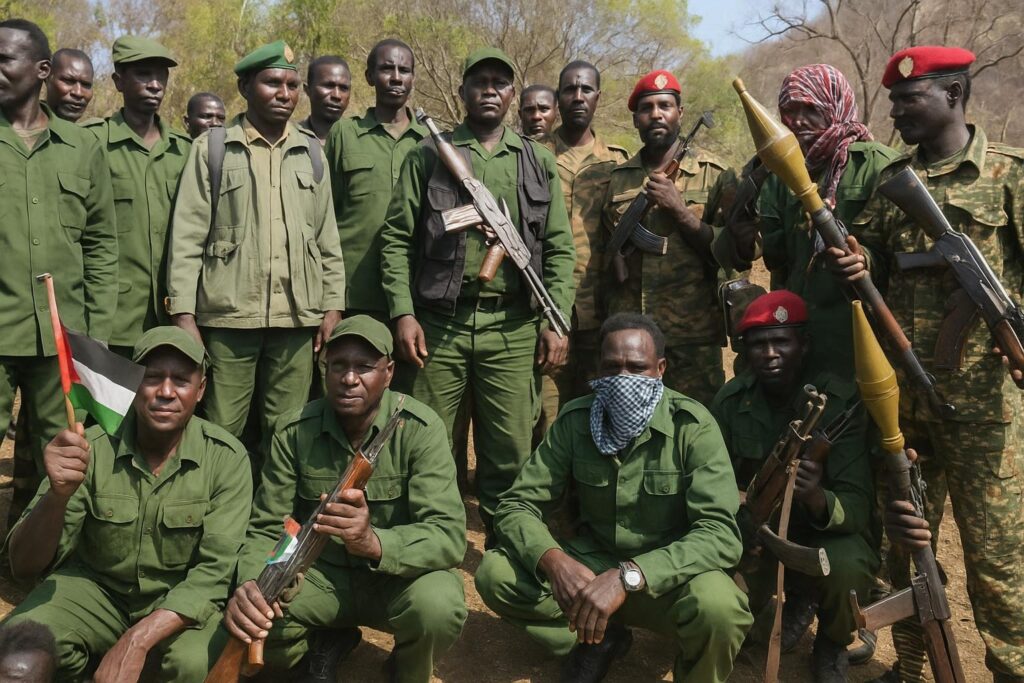Dawn Offensive in Mundri
Rebel fighters aligned with Dr. Riek Machar’s SPLA-IO and Gen. Thomas Cirilo’s NAS say they stormed the South Sudan People’s Defense Forces outpost at Kadi’ba, Western Equatoria, at around 04:00 on 24 September, claiming a swift tactical victory.
A joint communiqué asserts that the attackers overwhelmed government trenches in minutes, seizing one armored personnel carrier, several heavy machine guns, more than a dozen AK-47 rifles and boxes of ammunition, while loyalist troops retreated.
Motives Behind the Strike
SPLA-IO spokesman Col. Lam Paul Gabriel and NAS counterpart Lt. Col. Kenyi Mogga Lomeling describe the raid as retaliation for what they call repeated SSPDF incursions, harassment and looting of villagers in the wider Mundri corridor.
Both leaders insist their ‘surgical operations’ will persist until, in their words, government units respect the Rome cease-fire and halt abuses against civilians.
Government Silence and Civilian Concerns
Juba has yet to comment on the alleged setback, and independent confirmation from Kadi’ba remains elusive due to poor telecommunications and contested access roads.
Local church networks report anxiety among farmers who fear reprisals as both sides redeploy, while aid groups quietly urge communities to avoid mingling with military convoys, echoing advice contained in the rebels’ statement.
Strategic Weight of Kadi’ba
Though small, Kadi’ba sits astride the road linking Mundri to Yambio and Wau; analysts note that control of the post could disrupt SSPDF supply lines and bolster the rebels’ bargaining power ahead of any renewed peace talks.
Political scientist Peter Biar Ajak observes that episodic clashes, even of limited scale, complicate the fragile security matrix but seldom redraw frontlines unless followed by sustained civilian administration.
Regional Echoes and Diplomatic Pathways
The Intergovernmental Authority on Development insists the 2018 revitalised agreement still offers the best route to stability; its mediators continue shuttle diplomacy, urging both camps to verify allegations on the ground and reopen dialogue.
Observers in Nairobi caution that protracted tit-for-tat operations may spill toward porous borders, complicating humanitarian corridors relied upon by more than nine million South Sudanese in need of assistance.


